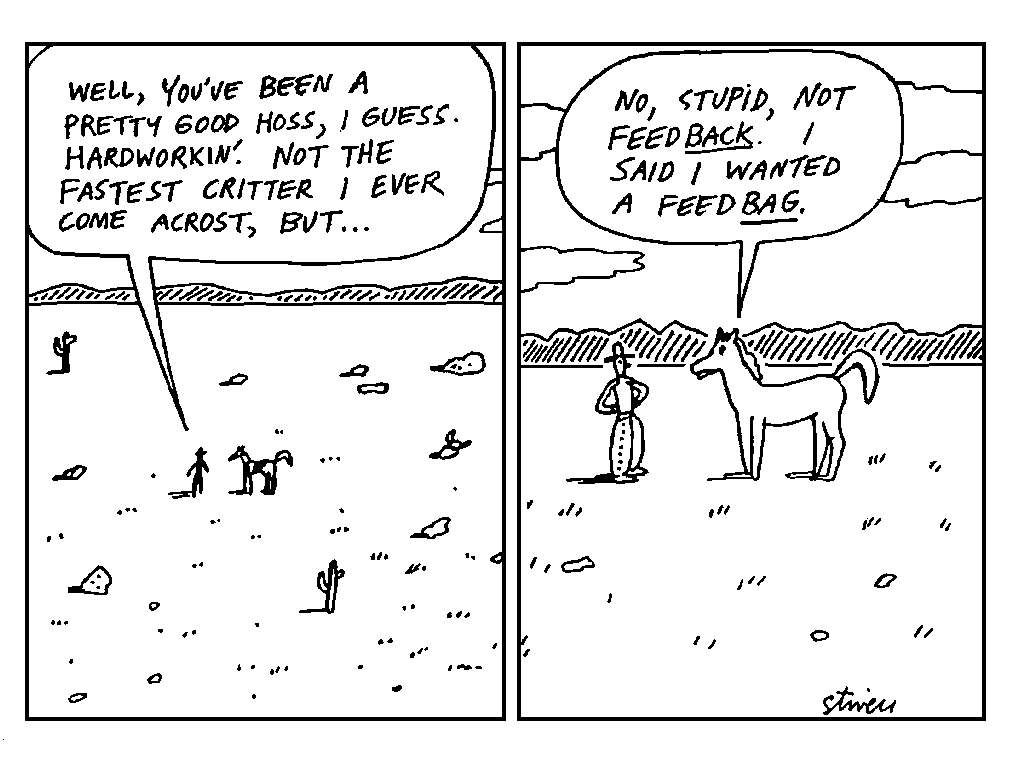
Inspired by Marja Suojala’s recent blog entry, we decided to return to recent student views on writing. We browsed through the beginning-of-course and end-of-course questionnaires from two groups of English-medium Master’s students. These students clearly differ in their ethnic, cultural, writing and study backgrounds, but share the need to communicate successfully.
Marja’s entry encouraged us to look at some specific features in our data, especially those related to feedback as a way to learn efficient communication. The rationale was that this could help us utilize the student views in developing our Academic Writing courses.
Marja writes that Finns writing in their mother tongue clearly appreciate feedback, especially from the teacher, and don’t necessarily regard peer feedback as feedback. We started to wonder whether international Master’s students studying through the medium of English at the same university share this view.
We used a short questionnaire at the beginning and a slightly longer one at the end of two Academic Writing courses. All in all, 30 students filled in the first questionnaire; 28 the second. The aim was to see what the students expect to gain and achieve by taking an Academic Writing course. In both questionnaires, we asked the students to list five topics they thought an Academic Writing course should include. In both cases, they clearly focused on text-related aspects, such as how to write clearly, and on text structure, such as how to organize the text. In addition, a number of students felt it was important to focus on grammar and vocabulary. These findings did not surprise us at all, because they were in line with the views we have collected over the years.
However, the questionnaire showed an emerging trend. At the beginning of the course, only three students mentioned feedback as an important topic. According to one, “exchange of comments between peers/group” would be among the top five topics to be covered. As both courses included both teacher and peer feedback, it would be logical to see more mentions of feedback in the end-of-course questionnaire. Indeed, three mentioned feedback, or receiving feedback:
Feedback on what each student did in the course to give them useful advises to enhance their writing skills.
Another three mentioned peer feedback as a topic worth focusing on.
However, in the second questionnaire, we also specifically asked students about receiving teacher feedback, receiving student feedback and giving student feedback. All but one assessed teacher feedback as valuable:
It was very useful; teacher used a direct and clear way of providing feedback.
Some would have preferred more teacher feedback.
As for receiving student feedback, opinions on were somewhat more mixed, but overall, very positive:
Yes, because it tells what other people with diverse backgrounds think about my writing.
It is necessary to know how others think about what I write to get know which part I must consider.
The few reservations had to do with peers who were not familiar with the subject field or, in a few cases, who were not native speakers.
Giving peer feedback was evaluated in a very positive light as well:
A good exercise & practice of an important skill.
This has been useful and entertaining, yet very difficult.
Only about one sixth of the students did not feel giving peer feedback helped them. The rest saw a connection between improving their own writing and critically evaluating other students’ texts:
Being critical towards other people’s texts taught me to be critical towards my own.
Was sometimes challenging, especially reviewing articles written by native speakers and sometimes also when the texts I had to read had quite some grammar mistakes – should I focus on those as well as or only on the agreed criteria.
The data seems to indicate that, after peer reviewing, the students in the English-medium Master’s programmes have a broader view on what feedback is. They see the value in both teacher feedback and student feedback. In fact, in one of the courses the students demanded an extra round of peer feedback, in which the teacher played a minor role by setting up a folder in Moodle where the texts could be submitted.
It seems that even though the students initially think that providing peer feedback is difficult, it is beneficial for them. Providing opportunities to give and receive peer feedback helps students to learn more about their potential target audience, the way others actually read and understand their texts; they may even detect their own problems by revising someone else’s writing. What’s more, they learn the important skill of dealing with constructive face-to-face feedback, a skill many of them may well need in the future.
Tuula Lehtonen & Kari Pitkänen
The authors are university lecturers in English at the University of Helsinki Language Centre

Staircase photo: hugovk (Flickr)
One Reply to “”Peer feedback tells what other people with diverse backgrounds think about my writing””